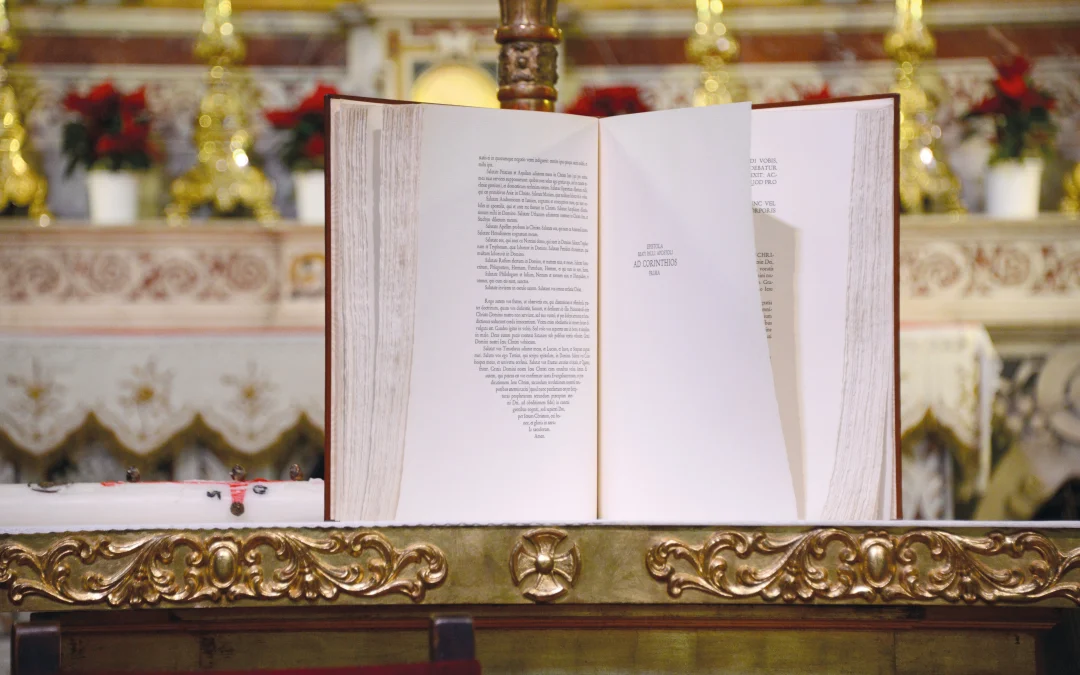Let’s be honest—Latin can make anything sound either incredibly profound or mildly threatening. “Nihil obstat” is one example. Say it slowly in a deep voice, quite dramatic. Really though, it’s quite a simple concept. According to the United States Conference of Catholic Bishops, “The nihil obstat …[is an] official declaration that a book or pamphlet is free of doctrinal or moral error. It does not imply that those who have granted the nihil obstat agree with the content, opinions, or statements expressed.”
Translated, nihil obstat means “nothing stands in the way.” It’s a stamp of approval indicating that a book contains nothing objectionable to faith or morals. It’s a bit like a “gluten-free” stamp for a celiac, but for your spiritual health. It’s the “no heresy detected” badge. USDA prime beef.
In accordance with canon law (Canon 830 if you really wanted to know), the nihil obstat is granted by a trained Church censor. This person is tasked with combing through submitted manuscripts to ensure they don’t accidentally (or not-so-accidentally) contradict Catholic teaching. If a manuscript passes the test, the work may also receive an imprimatur, typically granted by a bishop, which means “let it be printed.”
Why Should Catholics Look For A Nihil Obstat When Selecting Books?
So, why should you look for it when selecting books? Well, in a world bursting with opinions, interpretations, and more than a few hot takes, the nihil obstat provides a handy shortcut. It reassures you that the author hasn’t slipped in anything that would give your priest fits. It’s especially helpful for parents, catechists, and anyone who’s trying to navigate the wild jungle of spiritual reading without accidentally adopting ideas that are a bit on the “creative” side.
Now, this doesn’t mean every book without a nihil obstat is dangerous. Some excellent Catholic writers never bother to get one, especially when writing opinion pieces, fiction, or books intended for general audiences. Many books simply don’t touch on doctrine or morality in a way that would make a nihil obstat necessary.
On the flip side, having a nihil obstat also isn’t a guarantee that the book is readable, engaging, or free from footnotes that spiral into another dimension. It just means it won’t lead you down a doctrinal rabbit hole. Any given book might still be anywhere from brilliant to best used as a doorstop.
In summary, the nihil obstat is not a mystical charm or a divine endorsement of literary greatness. It’s more like a food seal that says, “Inspected for theological quality.” If you’re looking to grow in faith without accidentally wandering into heresy or half-truths, it’s a helpful signpost. And if nothing else, it’s fun to drop Latin at dinner parties. “Ah, yes, I only read books with a nihil obstat and imprimatur.” Instant mystique. You’re welcome.
Image: Photo by Annie Spratt on Unsplash











